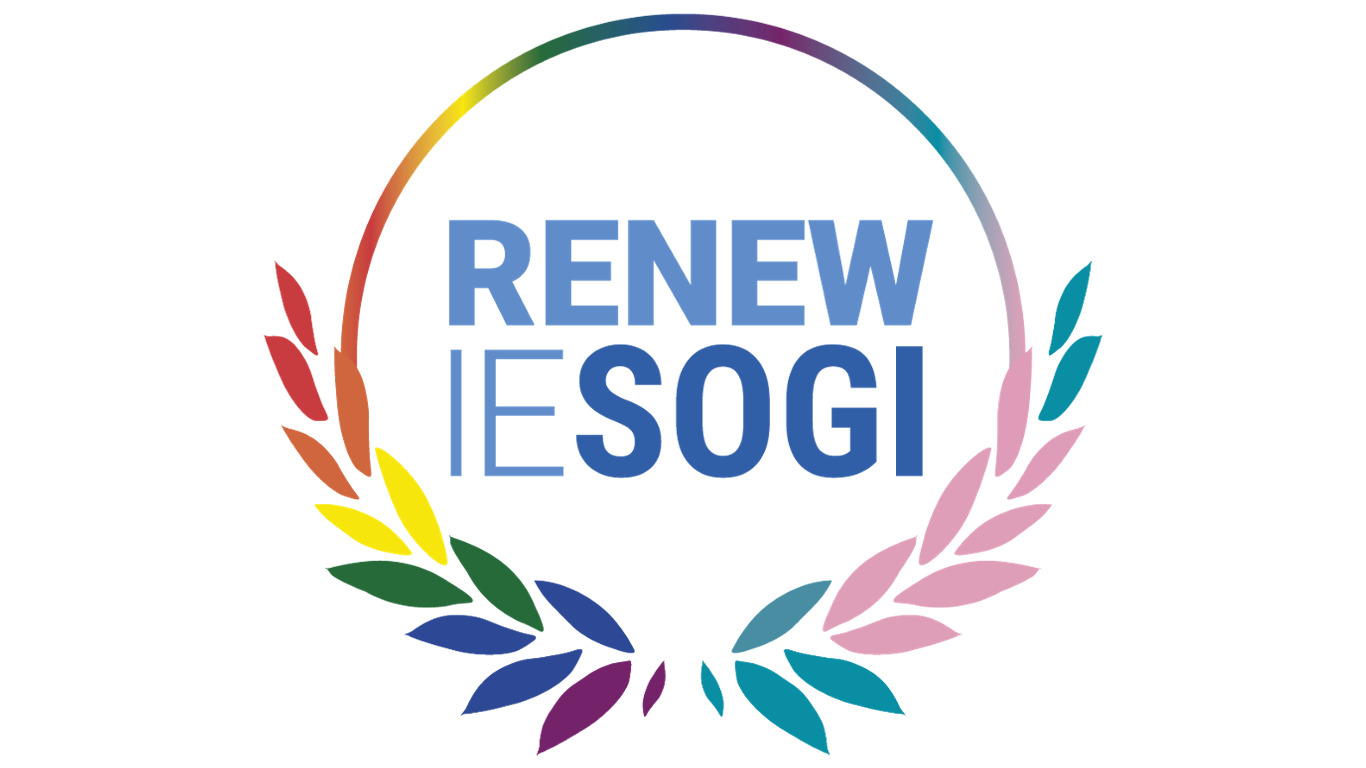
Iran: Human Rights Council must convene a special session
Fifty organisations urge the UN Human Rights Council to urgently convene a special session to address an unprecedented escalation in mass unlawful killings of protesters in Iran.

Over 1000 civil society organisations from 134 States and Territories delivered a joint global statement calling for the renewal of the mandate of the UN Independent Expert on violence and discrimination on the basis of sexual orientation and gender identity.
“The continuation of this mandate is critical. In every region of the world, widespread, grave and systematic violence and discrimination based on one’s real or perceived sexual orientation and/or gender identity persists,” the coalition said in their statement.
“A decision by Council Members to renew this mandate would send a clear message that violence and discrimination against people of diverse sexual orientations and/or gender identities cannot be tolerated. This would reaffirm that specific, sustained and systematic attention continues to be crucial to address these human rights violations and ensure that LGBT and gender-diverse people are in fact free and equal in dignity and rights.”
The statement was delivered as part of the interactive dialogue with the Independent Expert, Victor Madrigal-Borloz, who presented his reports on his visit to Tunisia and on the realisation of the right to health in relation to Sustainable Development Goal No. 3.
The UN Independent Expert on SOGI is mandated to propose ways to better protect persons who suffer from violence and discrimination on the basis of their SOGI. He does this by assessing the implementation of existing international human rights standards, talking to States, and working collaboratively with other UN and regional mechanisms to address violence and discrimination.
Since its creation in 2016, this UN mandate has raised awareness worldwide about the impact of the criminalisation of same-sex relations and the lack of affirming legal gender recognition procedures. The mandate has underscored the damage caused by so-called ‘conversion therapies’, while also highlighting examples of good practices to prevent discrimination and affirming the importance of data-collection specific to the experiences of LGBT and gender-diverse people.
In 2019, an increased number of States and civil society organisations supported the renewal of the mandate, which is “evidence of [its] critical importance and its work to support persons of diverse sexual orientations and/or gender identities, and those who defend their rights, both at international human rights fora and at the grassroots level.”
Other statements supporting the renewal of the mandate of the Independent Expert were delivered during the Interactive Dialogue by both States and civil society: an indication of how strong collaboration between civil society and governmental actors can prove to be successful for LGBT and gender-diverse communities.

Fifty organisations urge the UN Human Rights Council to urgently convene a special session to address an unprecedented escalation in mass unlawful killings of protesters in Iran.

In a landmark ruling against Burundi, the UN Committee against Torture has set a precedent on the protection of lawyers and human rights defenders engaging with UN mechanisms, affirming that reprisals for cooperating with the UN violate the Convention Against Torture.

Are you a human rights defender working on democratic backsliding and/or racial justice, keen to use the UN to push for change at home? If so, apply for the 2026 edition of ISHR’s flagship training, the Human Rights Defender Advocacy Programme (HRDAP)!